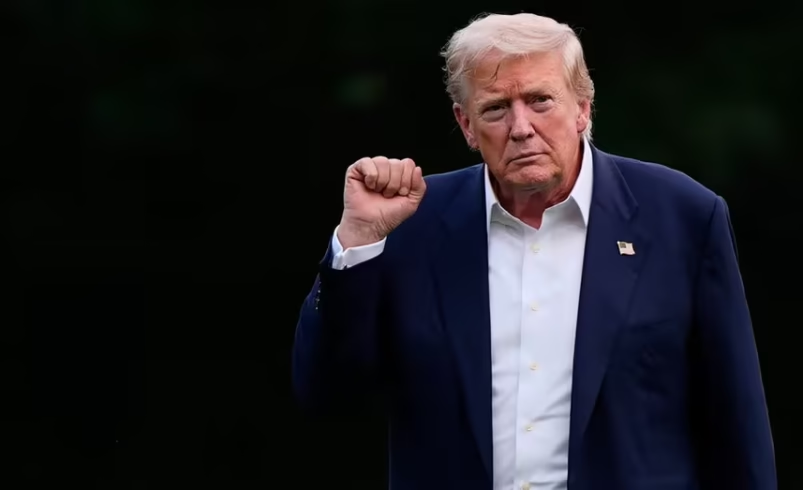US Court Approves Trump’s $2 Billion Cut in USAID Funds
- August 13, 2025
- 0

In a significant legal victory for the Trump administration, a federal appeals court has ruled that the government can proceed with cutting approximately $2 billion in foreign aid payments. This decision, delivered by the U.S. Court of Appeals for the D.C. Circuit, overturns a previous lower court ruling that had mandated the continuation of these payments. The ruling comes months after President Donald Trump initiated efforts to dismantle the U.S. Agency for International Development (USAID), sparking controversy and legal challenges from aid groups.
The 2-1 decision was penned by Judge Karen L. Henderson, who was appointed by President George W. Bush. She stated that the plaintiffs lacked the legal standing necessary to challenge the administration’s decision to withhold funds. Judge Greg Katsas, a Trump appointee, joined her in the majority opinion. The court found that the plaintiffs could not pursue a constitutional claim based on statutory grounds and noted that review under the Administrative Procedure Act (APA) was not applicable due to restrictions imposed by the Impoundment Control Act (ICA). The ruling emphasized that only the Comptroller General has the authority to bring suit under these circumstances.
This decision marks a pivotal moment in U.S. foreign aid policy, aligning with Trump’s broader agenda to reduce international spending. The move has been met with strong opposition from foreign aid organizations and recipients who argue that halting these funds could lead to “immediate and irreparable harm.” The ruling underscores ongoing tensions between governmental fiscal policies and humanitarian objectives, raising questions about future U.S. commitments to international development.
As this is a developing story, further updates are anticipated as stakeholders react to the court’s decision. The ruling may have far-reaching implications for U.S. foreign policy and its role in global aid initiatives. Observers are closely watching how this legal precedent might influence future administrative actions regarding international funding.